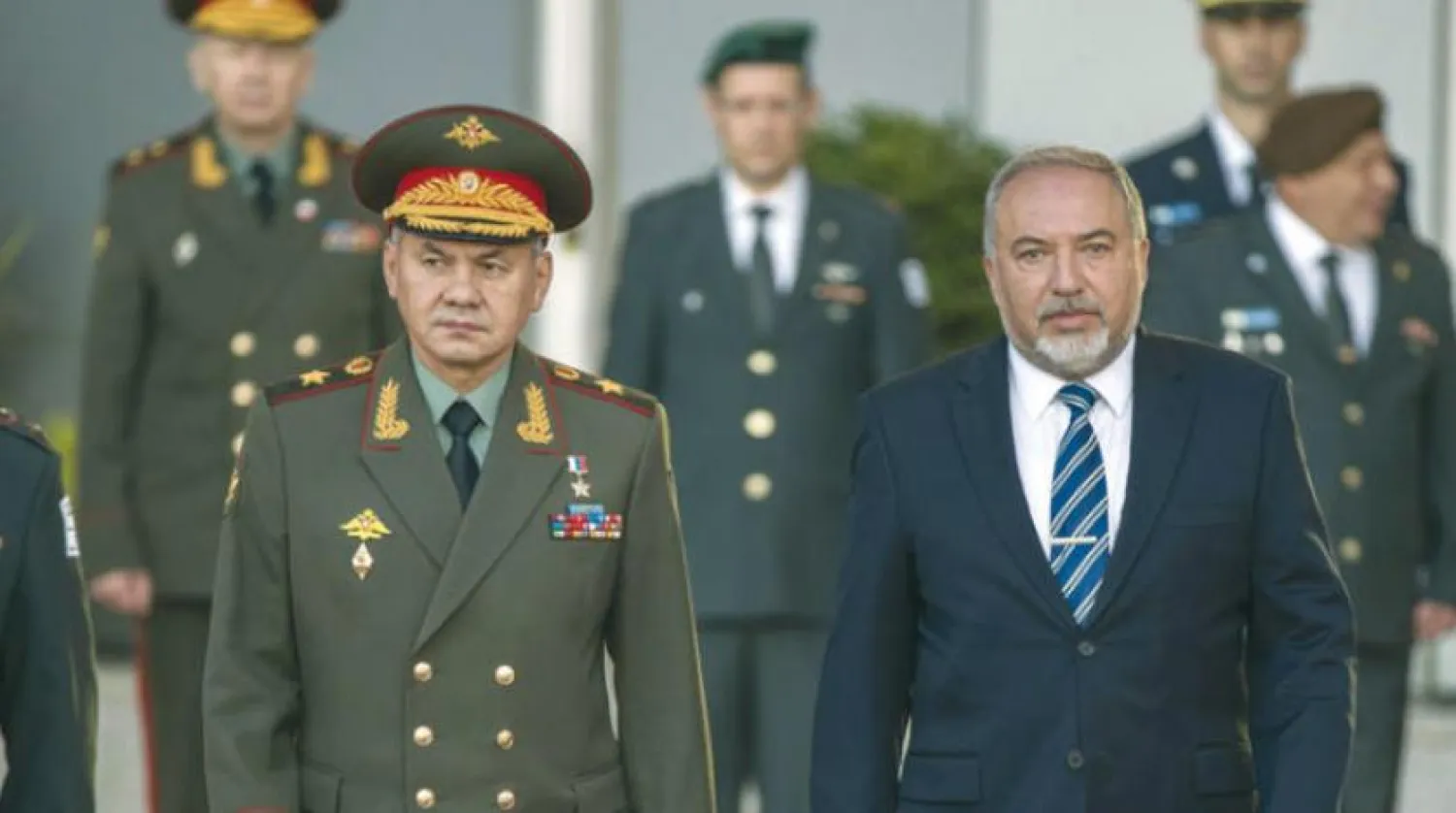Russian Defense Minister Sergey Shoigu arrived in Tel Aviv on Monday for talks with his Israeli counterpart Avigdor Lieberman.
During the meeting, Shoigu was said to have overlooked commenting on the recent Israeli airstrike against missile defense bases east of Damascus, Syria.
Russian Defense Ministry Spokesman Igor Konashenkov did not elaborate on Moscow’s view on the attack.
Israeli jets bombed a Syrian anti-aircraft battery east of Damascus after it fired an anti-aircraft missile at an Israeli spy aircraft overflying Lebanon, the Israeli military said earlier on Monday.
Russia’s news agency TASS reported that the Israeli forces notified Russia "in real time" about a strike on a target near Damascus.
Russia has been backing the Damascus-centered regime led by Bashar al-Assad against Syrian rebels and other groups since 2015.
“I would like to talk about the things related to Syria. The operation there is close to the end. There are several problems which require urgent solution and the prospects of further development of the situation in Syria require discussion,” Shoigu said.
More so, he dodged questions concerning the airstrikes before the press and reporters, focusing instead on the war against terror.
Addressing Lieberman, he stressed the need to "mobilize all forces" against terrorism in the region.
In an official statement, Konashenkov said that Shoigu arrived in Tel Aviv on a two-day visit, during which he will also meet with Prime Minister Benjamin Netanyahu to discuss issues of technical - military cooperation between the two sides.
Konashenkov added that regional security and issues related to the Syrian settlement will be discussed.









